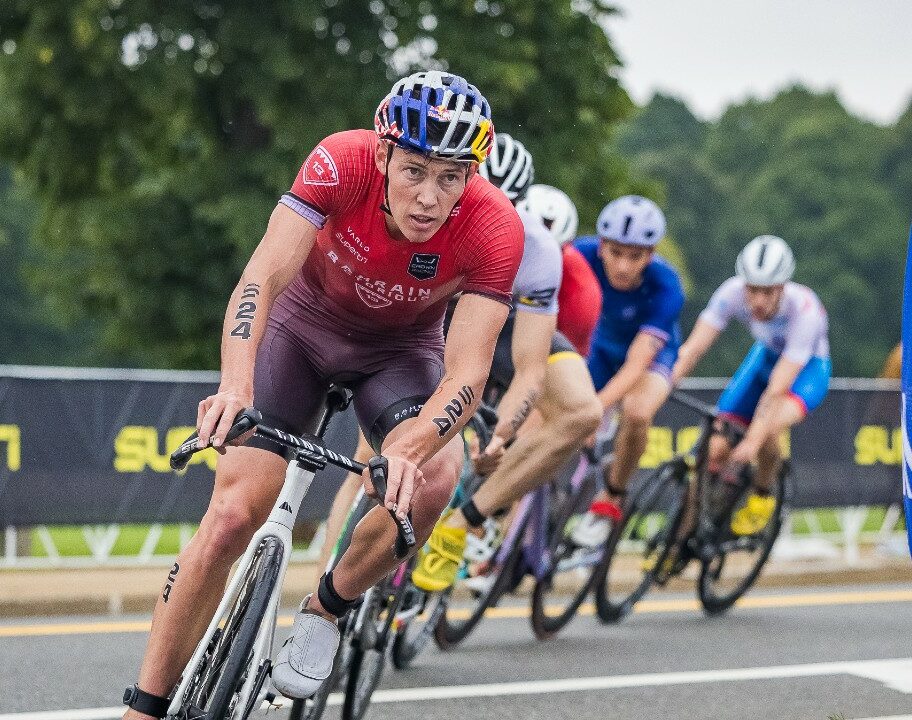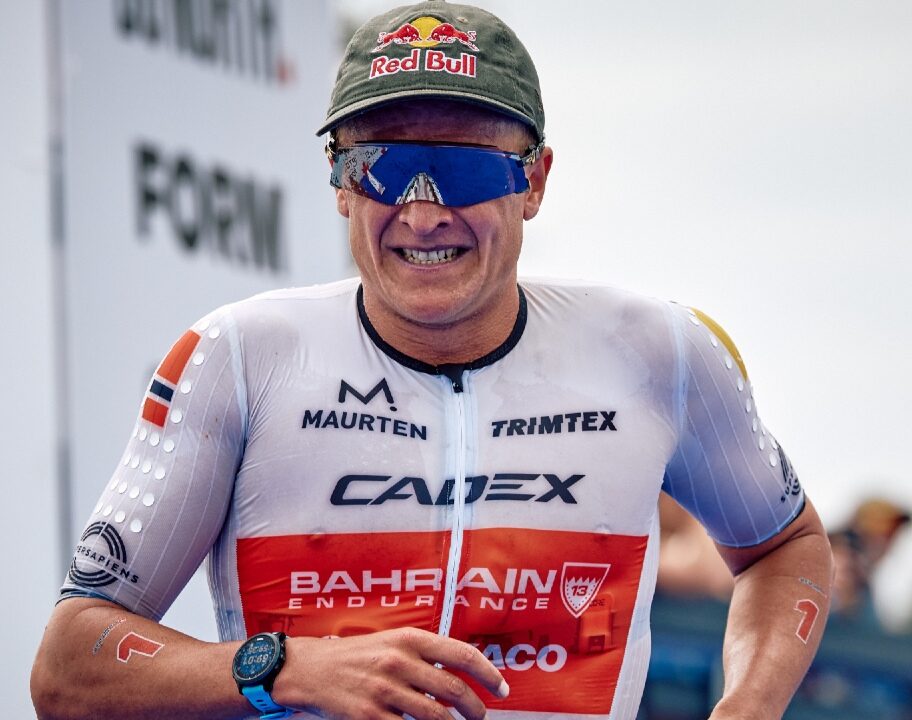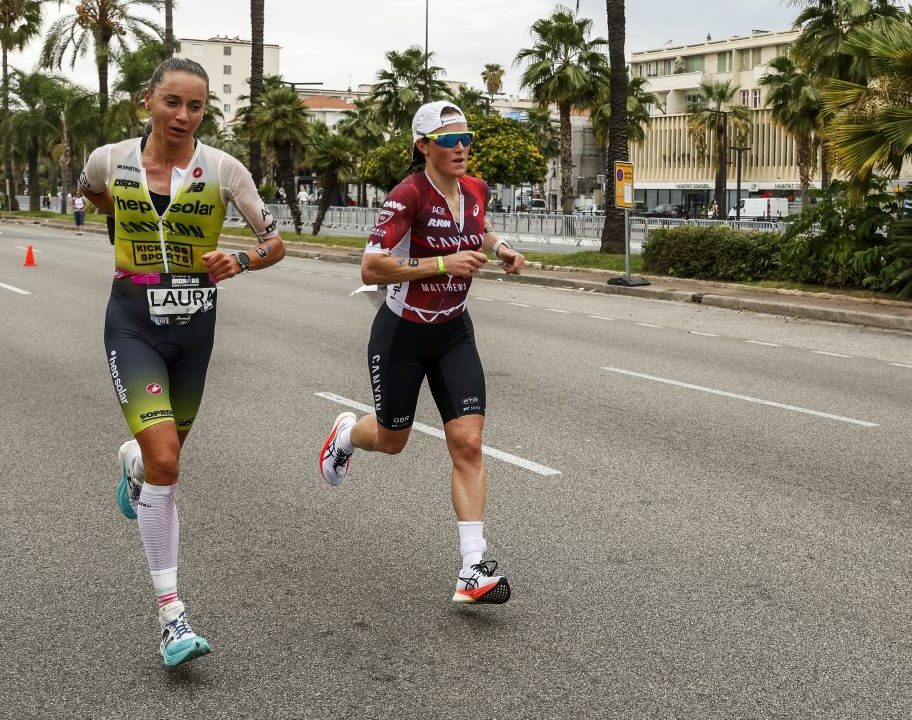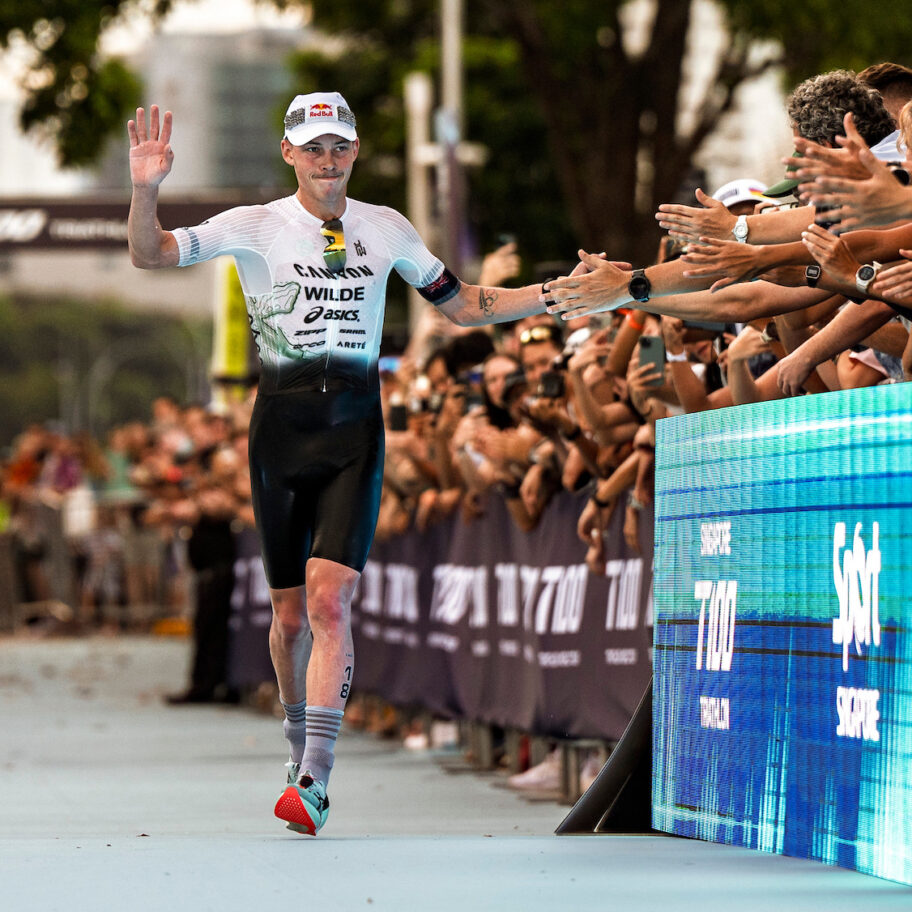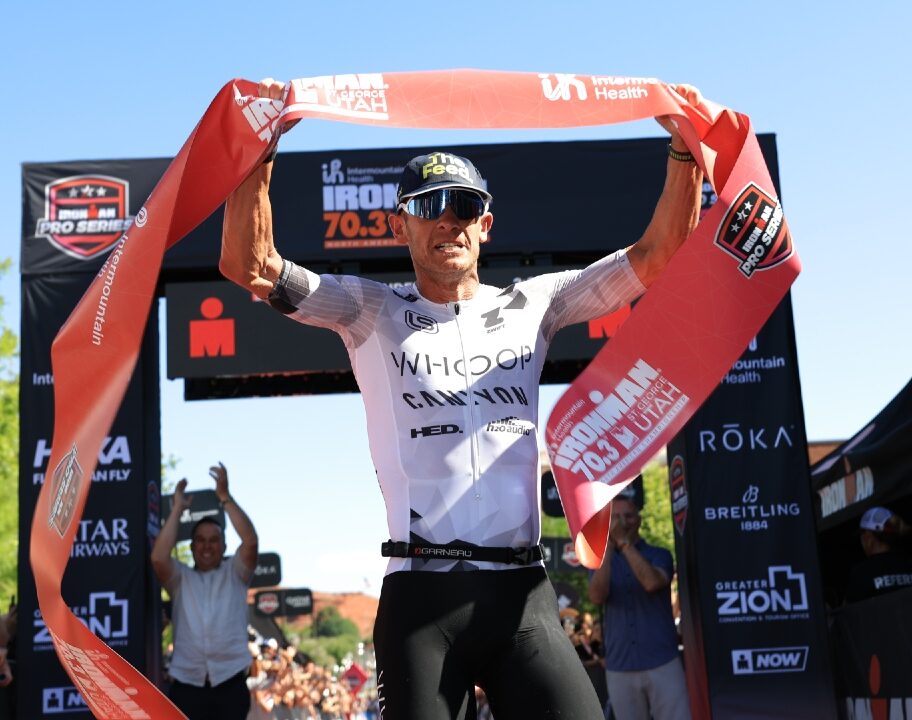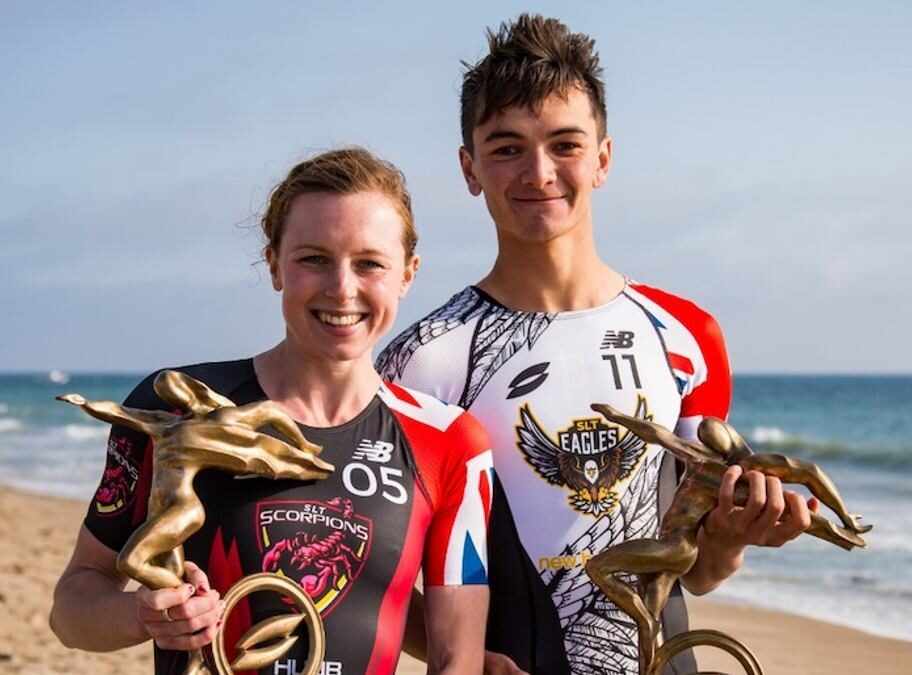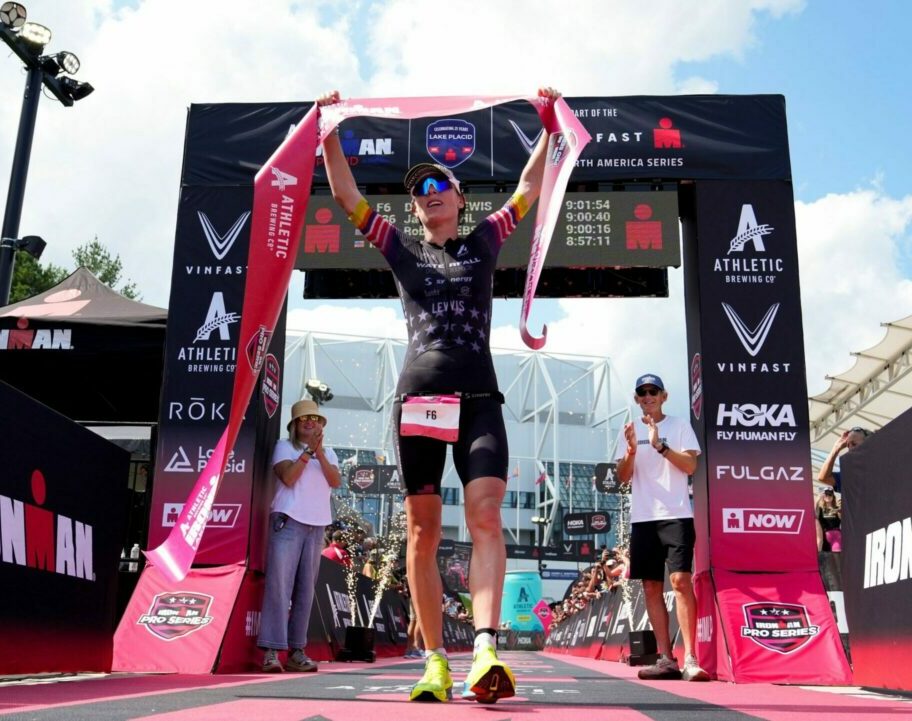Taylor Spivey already feels that the final key qualification race to earn an Olympics spot on the ultra-competitive US women’s team is in danger of being massively compromised.
Taylor Knibb is the only American woman to have booked her berth for Paris 2024, by virtue of her fifth-placed finish in the Test Event this year.
That leaves two places up for grabs, with seven other Americans in the top 60 of the Olympic rankings, in addition to Knibb.
Spivey leads the way in third, with Summer Rappaport (13), Kirsten Kasper (21), Erika Ackerlund (35), Gwen Jorgensen (40), Katie Zaferes (44) and Gina Sereno (56) all harbouring hopes themselves.
‘Same situation going into Yokohama’
Spivey of course missed out in hugely controversial fashion ahead of Tokyo in 2021 and speaking to Tim Ford on the latest Talking Triathlon podcast she admitted she fears a similar scenario playing out next year, especially given some potential dynamics she identified around WTCS Yokohama in May.
She explained: “It’s tricky because I guess going into Tokyo, you had COVID, which totally changed everything else in terms of how people qualified and who should or shouldn’t be qualified, in my opinion.
“And I think it created a big challenge for federations and at the end of the day, I was left off the team and a team I kind of think I should have been on.
“But going into the Paris qualification, so Taylor Knibb has already qualified, which means for the females, we have two more spots and the next qualification event will be in Yokohama in mid May. So the first American podium will get one spot and then the next spot will be discretionary. And if no Americans podium, then both of the spots will be discretionary.
However, it’s kind of almost playing out like it did leading into Tokyo, where the dynamics of the race really changed.
“Leading into Tokyo, because of COVID a lot of countries didn’t want to go to this race, so it ended up lowering the quality of field. There was no breakaway, which is very likely in the Olympics because the quality of field is more spread out. So there are all these factors that go into it.
“And now I’m starting to realise it’s kind of the same situation going into Yokohama, our qualification event this upcoming year, because, for instance, the British qualification race is actually going to be two weeks after in Cagliari, so they don’t want any of their athletes travelling super far away in an Olympic year.
“So that means all these athletes who generally affect the race tremendously won’t be there. And so it’s just kind of making me scratch my head why this continues to happen. And why this is our qualification race [when] the dynamics of the Olympics is going to be completely different.”
Double peak ‘very difficult’
And Spivey isn’t alone – Brit Kate Waugh has spoken in a similar vein – in wondering why athletes who don’t qualify automatically the year before potentially have their Olympic build-up compromised.
Spivey points out: “I think if you’re looking to perform peak at the Olympics, you can’t also peak in May. That’s very difficult. And I guarantee, almost, that any European athlete who has already qualified for the Olympics, say on the German team or anyone within the top 30 of the World Triathlon rankings, I don’t think they’re going to be in Yokohama unless they need to still qualify.
“I don’t know if there’s much strategy behind it – of course it would be reassuring to know now, okay there’s discretionary spots and we’re going to give them to these athletes based on their performances over the last three years. But that’s not the case, unfortunately. I wish it had been going into Tokyo and I wish it was the case going into Paris.”
Amazing consistency
Spivey also revealed that she raced through pain in the WTCS Grand Final in Pontevedra to make sure that she retained her high WTCS ranking for the 2023 season.
Her 16th place there was only the second time since May 2018 that she’s been outside the top 10 in an individual ITU / WTCS event, an incredible stat over the course of more than five years and one which underlines her Olympic credentials.
She said: “I went into that race with a stress reaction, and I actually wasn’t sure if I was going to finish that race, but I somehow did and I held onto my fourth place in the standings this year, which was the main goal of doing that race. Otherwise, I do not recommend racing on a stress reaction.”
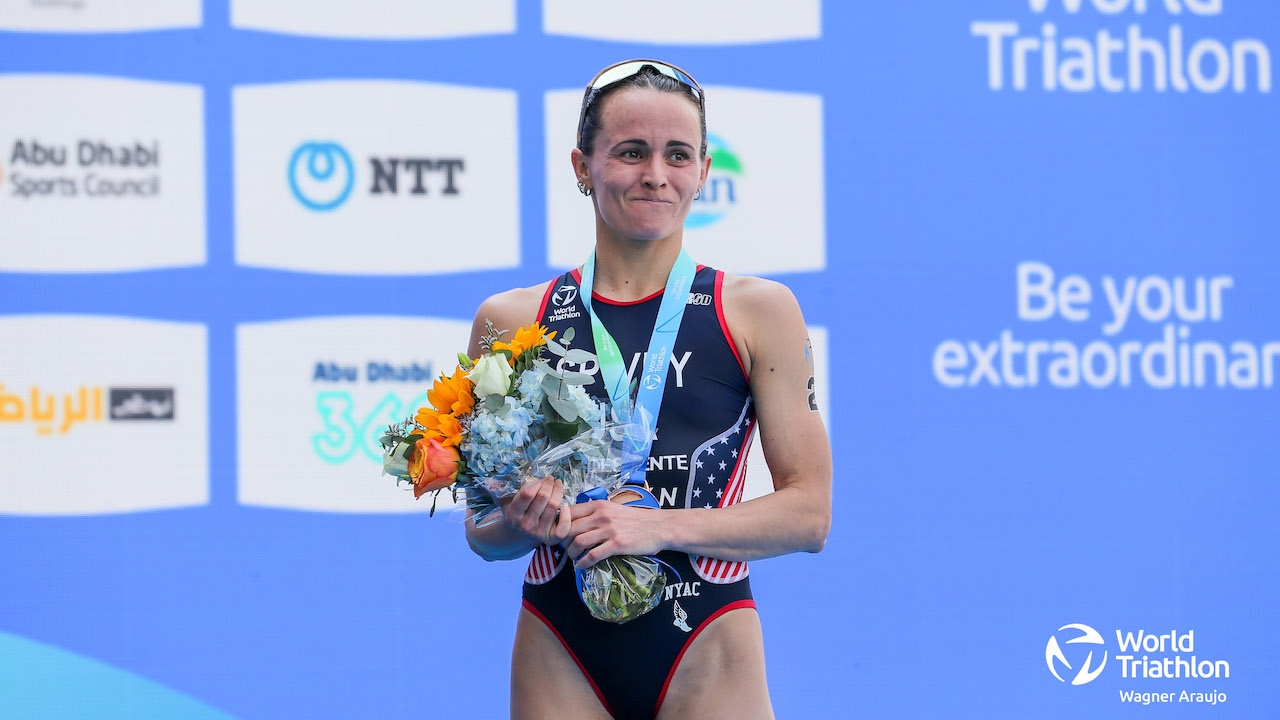
Progress since has been encouraging as she builds up to the pivotal 2024 campaign: “Apart from Pontevedra – and Neom for Super League – I otherwise I took a lot of time off running, which allowed it to heal, which is good because I’m on my third or fourth week of running now, and I’ve just slowly been progressing.
“I’ve been monitoring the overall distance that I’ve been running and how it’s been feeling, and I have no pain anymore, which is great.”



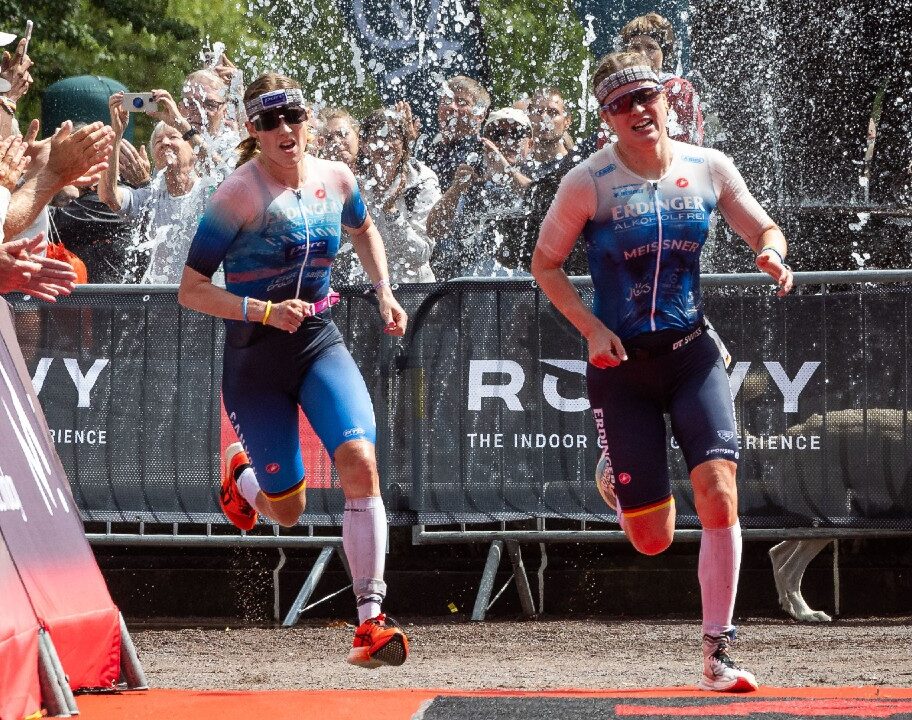
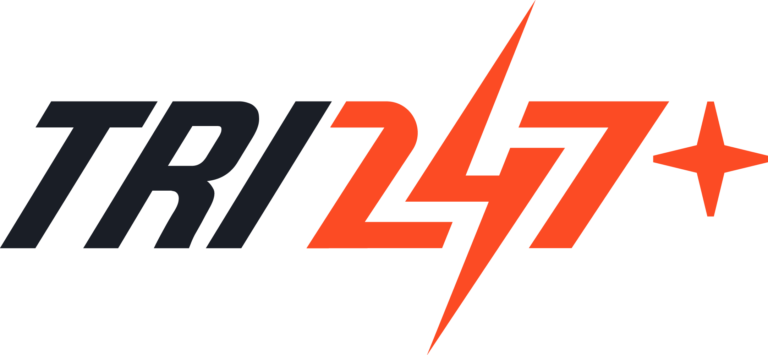 Triathlon’s mid-season report card: Tim Don on who’s raising the bar this triathlon race season
Triathlon’s mid-season report card: Tim Don on who’s raising the bar this triathlon race season
